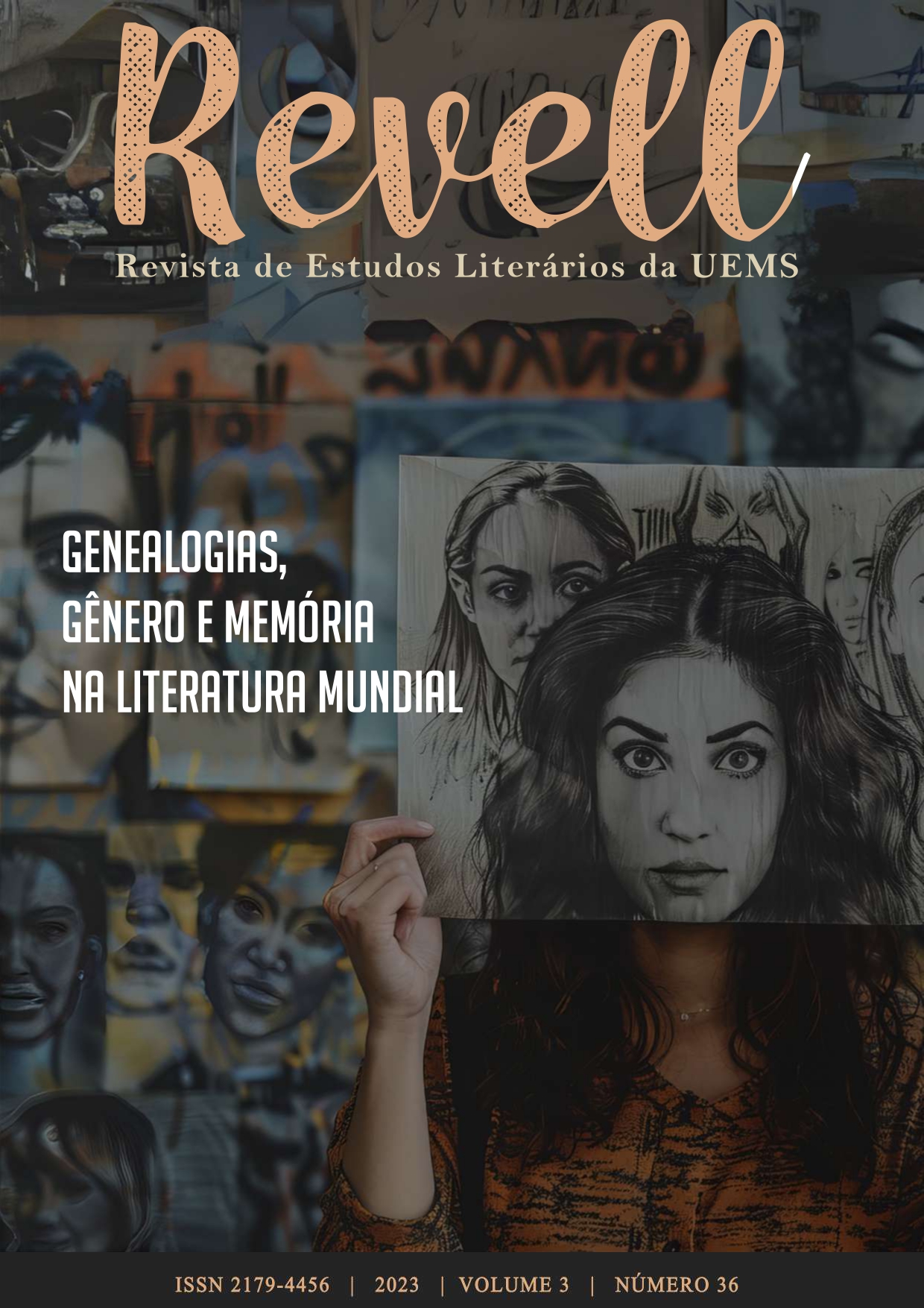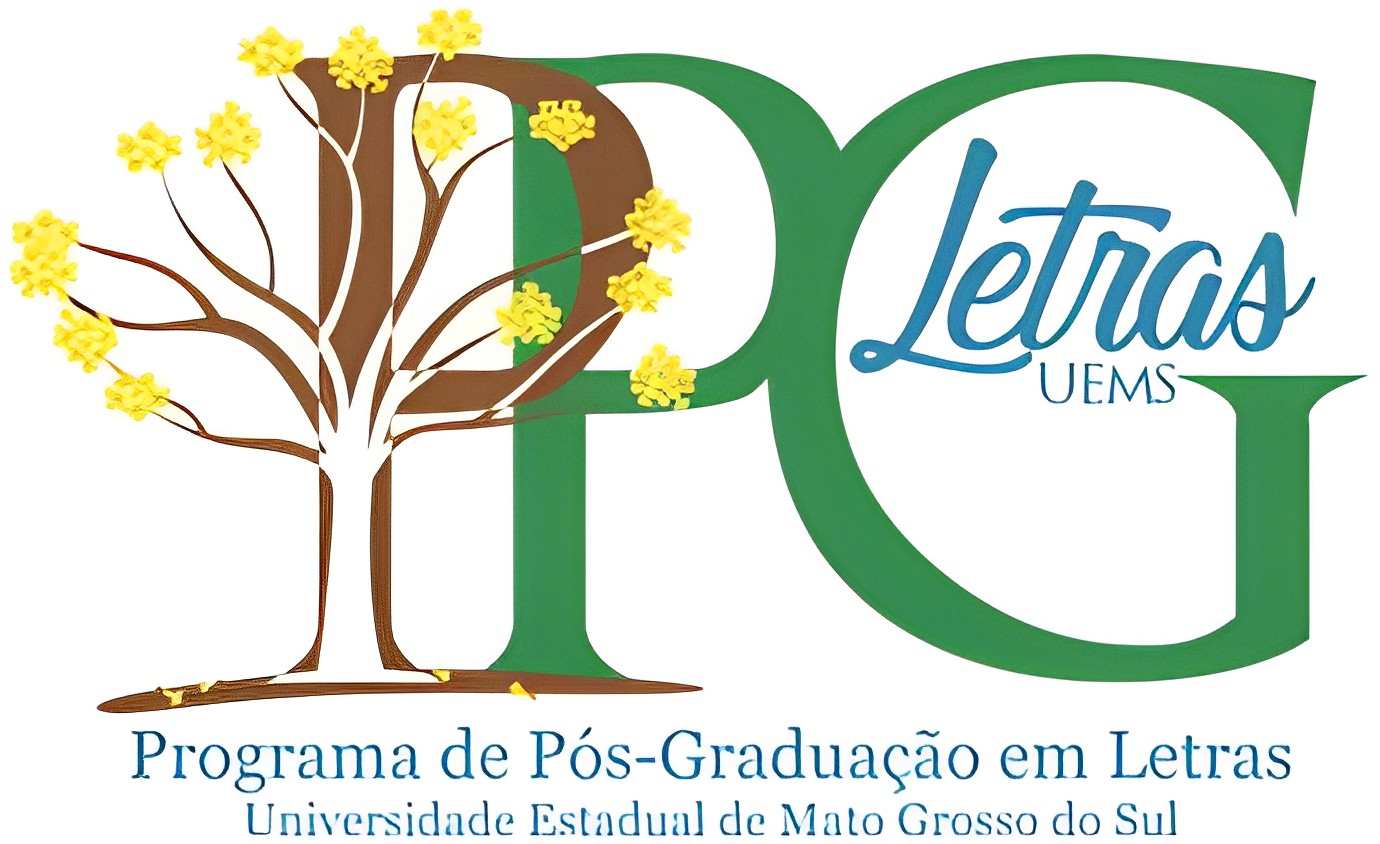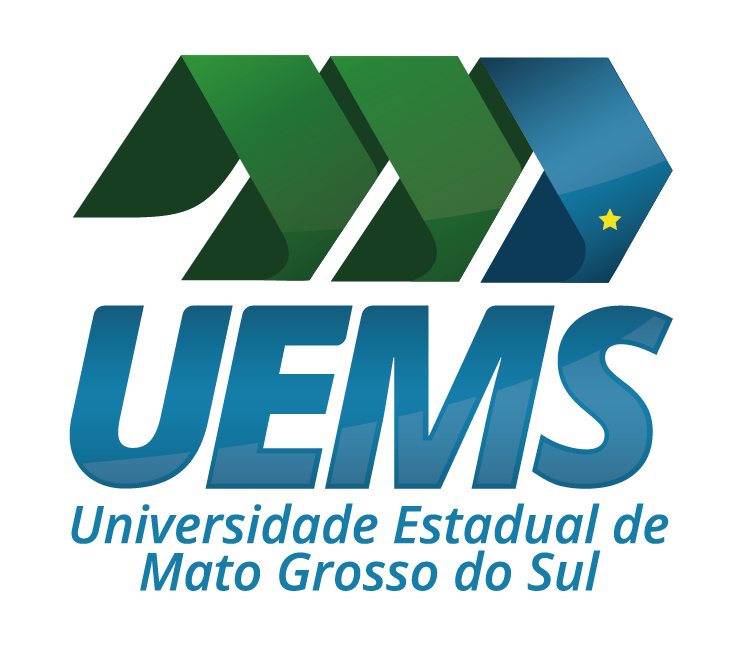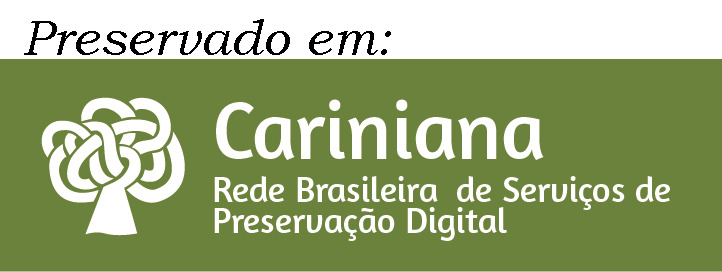Connections between Author and Narrator-protagonist
Autofiction in Essa gente, by Chico Buarque de Holanda
DOI:
https://doi.org/10.61389/revell.v3i36.8254Keywords:
Essa gente, Chico Buarque, autofictionAbstract
This article offers an analysis of the novel Essa Gente (2019) by Chico Buarque de Holanda and seeks to examine aspects of the narrative that show possible intersections between the author’s life and the story told. The assumption is that the novel, told in the first person by the main character, stands on the threshold between autobiography and fiction, falling into the category known as autofiction, a form of narrative quite popular nowadays. The hybridity of this type of self-writing invites the reader to a constant questioning about what belongs to the author’s life and what is fictional creation. The theoretical support for the discussion on the nature of the autofictional text will be taken from the work of Leyla Perrone-Moisés (2016), Karl Erik Schollhammer (2009), Serge Doubrovsky (2014), Luciene Azevedo (2008), Diana Klinger (2006), and Anna Faedrich (2015). The author creates an ambiguous and ironic story in which autobiographical and fictional elements intertwine, promoting a deep reflection on affective conflicts, social declines, historical scars, and on the turbulent Brazilian political situation from 2016 to 2019.
KEYWORDS: Essa gente; Chico Buarque; autofiction.
References
ALTMAN, Fábio. Novo livro de Chico Buarque impõe reflexão em torno de um Brasil rachado. Veja, 13 de novembro de 2019. Disponível: https://veja.abril.com.br/cultura/novo-livro-de-chico-buarque-impoe-reflexao-em-torno-de-um-brasil-rachado
ALVES, Jader Santos. A atuação policial na perspectiva de jovens negros: vozes dos invisíveis. 144 f. Dissertação (Mestrado Profissional em Segurança Pública, Justiça e Cidadania) - Universidade Federal da Bahia, Salvador, 2017.
AZEVEDO, Luciene Almeida de. Autoficção e literatura contemporânea. Revista Brasileira de Literatura Comparada, v.12, 2008. Disponível: https://revista.abralic.org.br/index.php/revista/article/view/179/182
BARTHES, Roland. O rumor da língua; tradução Mario Laranjeira; revisão e tradução Andréa Stahel M. da Silva. 2. ed. São Paulo: Martins Fontes, 2004.
BUARQUE, Chico. Essa gente. São Paulo: Companhia das letras, 2019.
CARVALHO, Cleide. Campeão de queimadas, Mato Grosso pode afrouxar regras ambientais. jornal O Globo. 13/08/2022. Disponível: https://umsoplaneta.globo.com/sociedade/noticia/2022/07/09/campeao-de-queimadas-mato-grosso-pode-afrouxar-regras-ambientais.ghtml
CYNTRÃO, Sylvia (org.). Chico Buarque, sinal aberto! Rio de Janeiro: 7 Letras, 2015.
DOUBROVSKY, Serge. O último eu. In: Ensaios sobre a autoficção. Trad. J. M. G. Noronha e M.I.C. Guedes. Belo Horizonte: UFMG, 2014.
FAEDRICH, Anna. O conceito de autoficção: demarcações a partir da literatura brasileira contemporânea. Itinerários: Revista de Literatura, v. 40, p. 45. Araraquara: Unesp 2015. Disponível: https://periodicos.fclar.unesp.br/itinerarios/article/view/8165/5547
HONOR, Rosangela; MONTEAGUDO Clarissa. Ricardo amava Celina, que amava Chico... Istoégente, 2015. Disponível: https://www.terra.com.br/istoegente/291/reportagens/capa_chico_01
HUTCHEON, Linda. Poética do pós-modernismo: história, teoria, ficção. Tradução Ricardo Cruz. Rio de Janeiro: Imago, 1991.
KLINGER, Diana Irene. Escritas de si, escritas do outro o retorno do autor e a virada etnográfica. Rio de Janeiro: 7 Letras, 2006.
LEITE, Maria Jodailma. Borrando as fronteiras entre realidade e ficção: autoficção em Essa gente, de Chico Buarque de Holanda. 100f. Dissertação (Mestrado em Literatura e Crítica Literária). Pontifícia Universidade Católica de São Paulo, São Paulo, 2021.
LEITE, Maria Jodailma; Darin, Leila C. Melo. A contemporaneidade de Essa Gente, de Chico Buarque de Holanda. In: M.P. da Silva, D. Navas e M.M. Pereira. Produção literária contemporânea em Portugal e no Brasil: (re) pensando a pós-modernidade na prosa de ficção atual. Curitiba: Bagai, 2021.
LEJEUNE, Philippe. O pacto autobiográfico: de Rousseau à internet. Belo Horizonte: Ed. da UFMG, 2008.
MAZUI, Guilherme; RODRIGUES, Mateus. Entrega do prêmio Camões a Chico Buarque corrige 'um dos maiores absurdos' contra a cultura brasileira, diz Lula. g1, 24/04/2023. Disponível: https://g1.globo.com/politica/noticia/2023/04/24/entrega-do-premio-camoes-a-chico-buarque-corrige-um-dos-maiores-absurdos-contra-a-cultura-brasileira-diz-lula.ghtml
MICHEL, Fabio M. Inpe: Amazônia perdeu ‘uma Bélgica’ de floresta sob Bolsonaro. RBA- Rede Brasil Atual, 13/08/2022. Disponível: https://www.redebrasilatual.com.br/ambiente/inpe-amazonia-perdeu-uma-belgica-de-floresta-sob-bolsonaro/
MOREIRA, Carlos André. Em "Essa Gente", Chico Buarque reconstrói o Brasil como uma farsa afetada. GZH livros, 25 de nov de 2019. Disponível: https://gauchazh.clicrbs.com.br/cultura-e-lazer/livros/noticia/2019/11/em-essa-gente-chico-buarque-reconstroi-o-brasil-como-uma-farsa-afetada-ck3ew4xw400mz01o5jl8le489.html
NESTROVSKI, Arthur. Pequeno grande romance escrito por Chico Buarque resume o estado do país. Folha de São Paulo, 8 de nov de 2019. Disponível: https://www1.folha.uol.com.br/ilustrada/2019/11/pequeno-grande-romance-escrito-por-chico-buarque-resume-o-estado-do-pais.shtml
PERRONE-MOISÉS, Leyla. Mutações da literatura no século XXI. 1a ed. São Paulo: Companhia das Letras, 2016.
SANTIAGO, Silviano. O narrador pós-moderno. In: Nas malhas da letra. Rio de Janeiro: Rocco, 2002.
SCHOLLHANMMER, Karl Erick. Ficção brasileira contemporânea. Rio de janeiro: Editora civilização brasileira, 2009.
TAVARES, Rogério Faria. VIVER EM VOZ ALTA | “Essa gente”, de Chico Buarque. Diário do Comércio. 2020. Disponível:
https://diariodocomercio.com.br/exclusivo/viver-em-voz-alta-essa-gente-de-chico-buarque/
ZAPPA, Regina. Chico Buarque para todos. Rio de Janeiro: Relume Dumará: Prefeitura, 1999.
Downloads
Published
How to Cite
Issue
Section
License
Copyright (c) 2024 REVELL - UEMS JOURNAL OF LITERARY STUDIES

This work is licensed under a Creative Commons Attribution 4.0 International License.
DECLARAÇÃO DE ORIGINALIDADE E EXCLUSIVIDADE E CESSÃO DE DIREITOS AUTORAIS
Declaro que o presente artigo é original e não foi submetido à publicação em qualquer outro periódico nacional ou internacional, quer seja em parte ou na íntegra. Declaro, ainda, que após publicado pela REVELL, ele jamais será submetido a outro periódico. Também tenho ciência que a submissão dos originais à REVELL - Revista de Estudos Literários da UEMS implica transferência dos direitos autorais da publicação digital. A não observância desse compromisso submeterá o infrator a sanções e penas previstas na Lei de Proteção de Direitos Autorais (nº 9610, de 19/02/98).




















